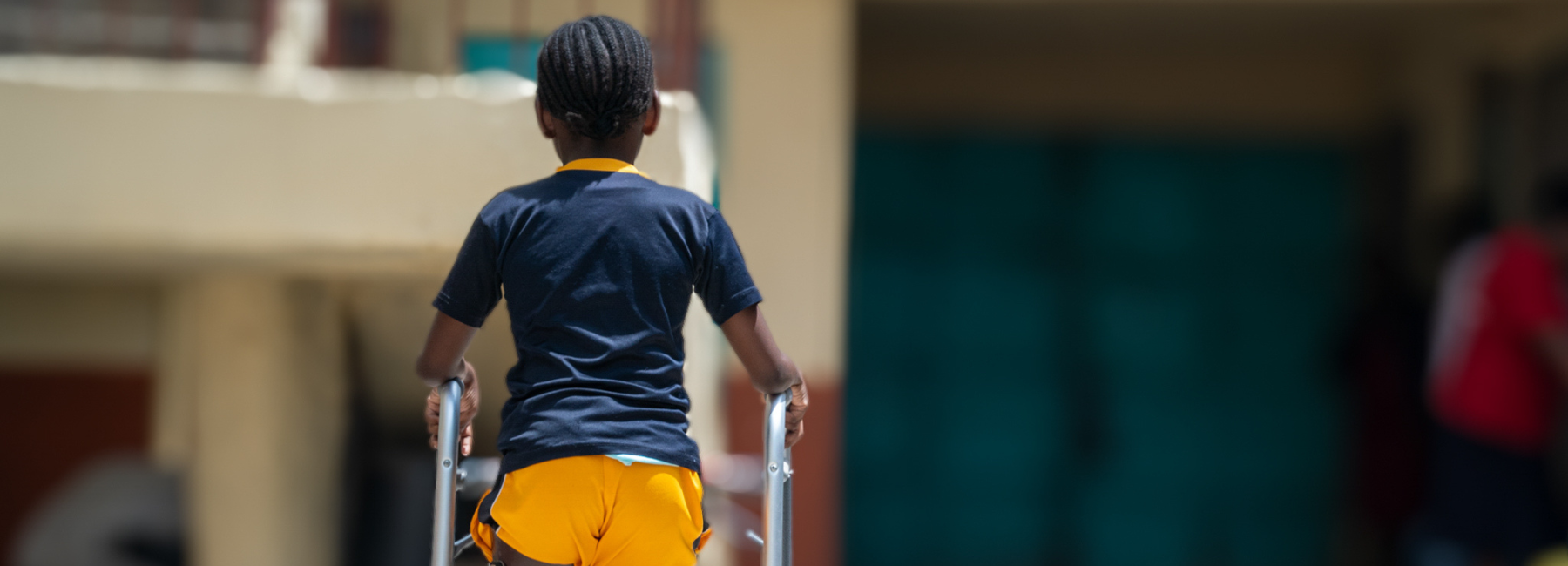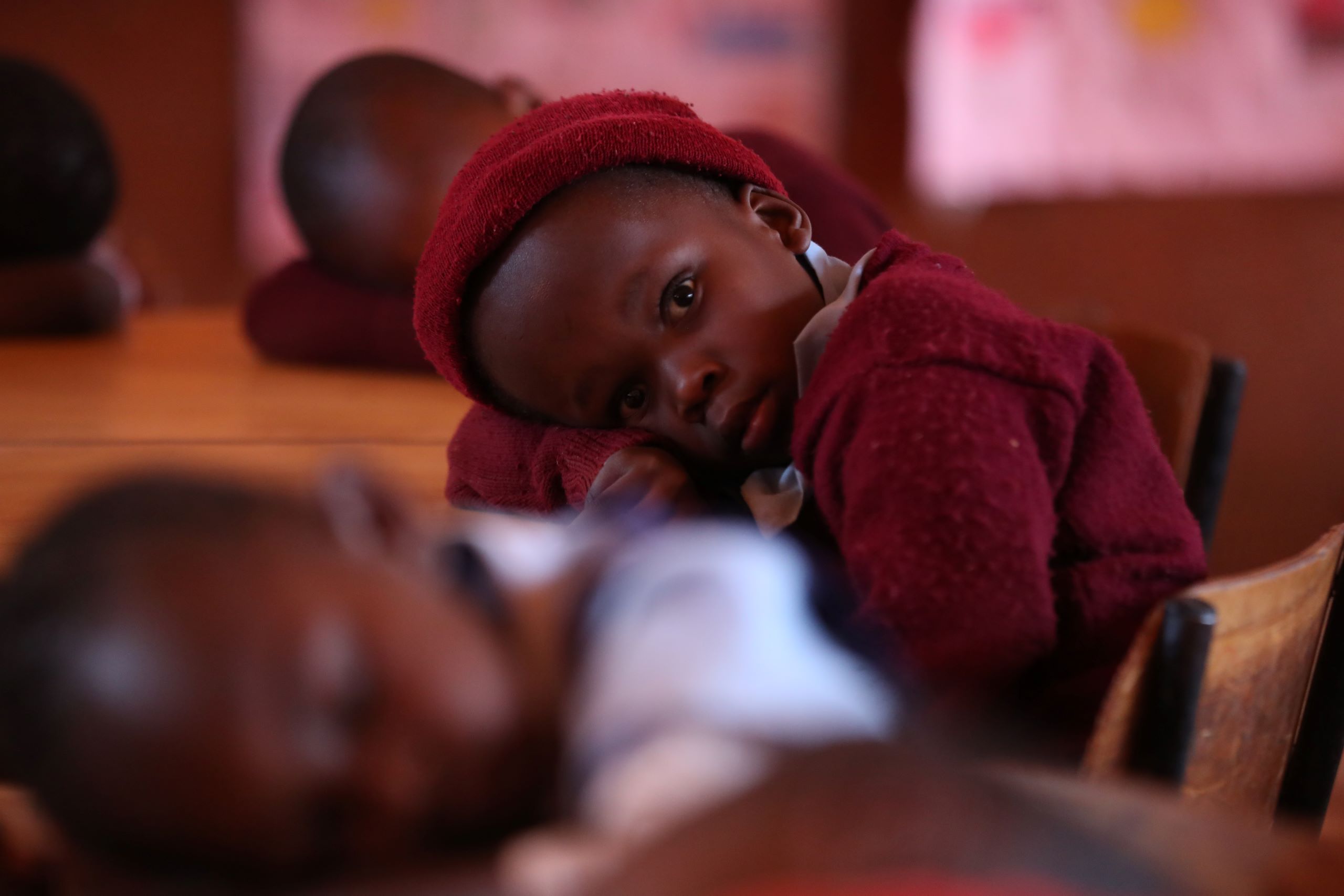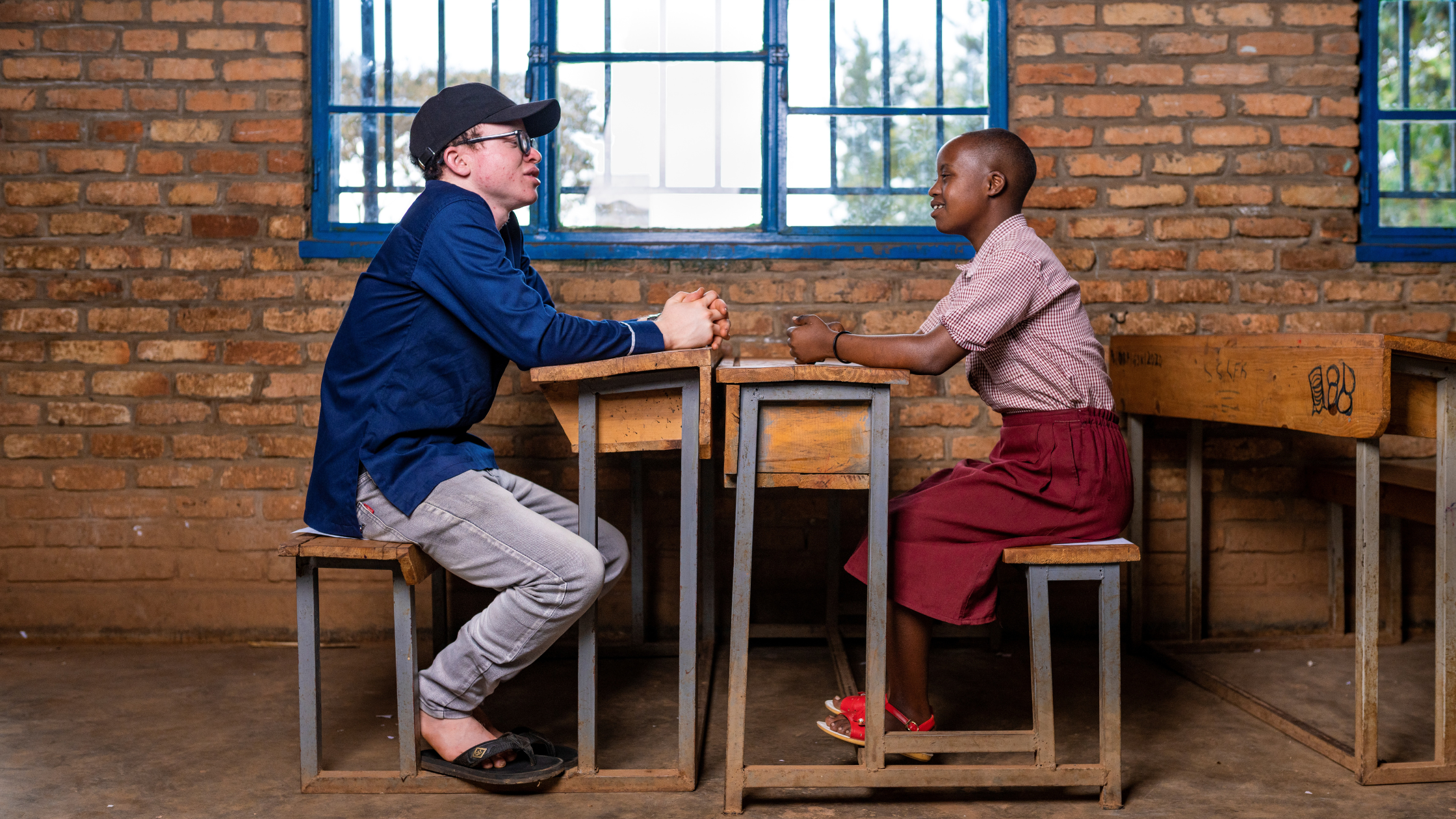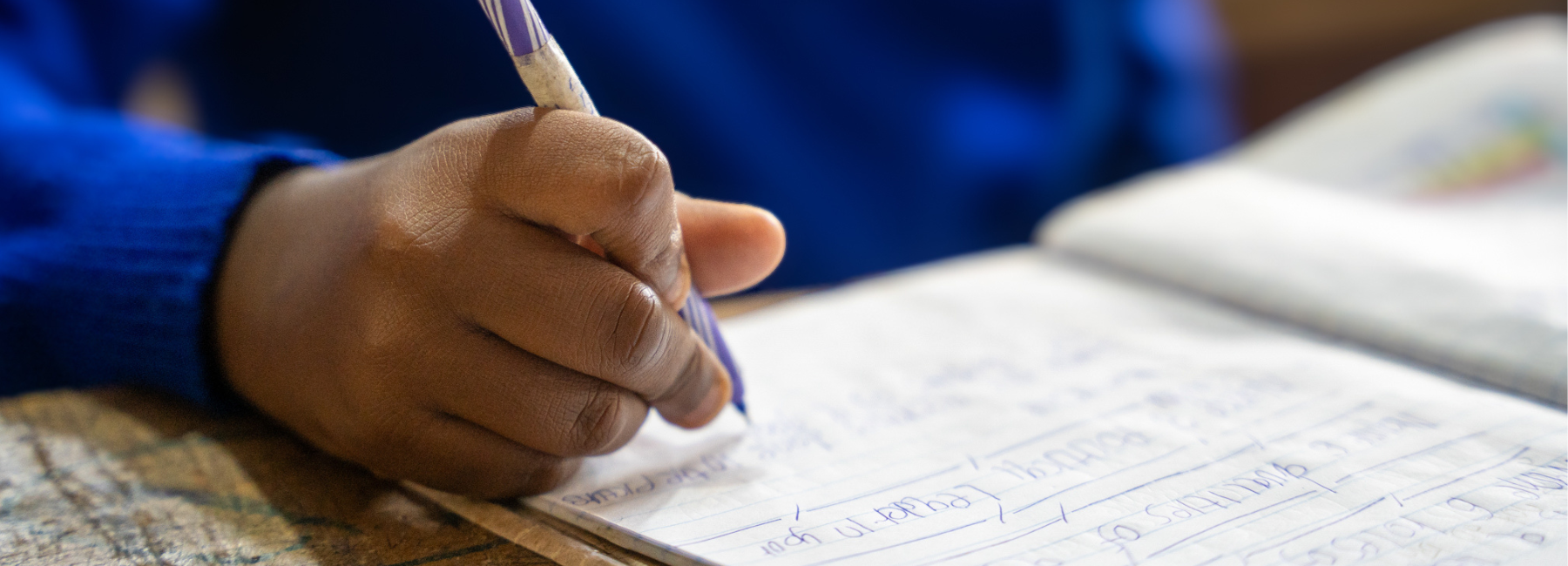Enhancing access to physiotherapy
Early intervention through rehabilitation therapies can significantly increase the functional independence of children. It is crucial that children with rehabilitative needs are provided with this support at the earliest possible stage in their development. However, there is generally a poor level of understanding of disability among healthcare workers and very few trained therapists provide adequate rehabilitation services. With many children with disabilities living in poverty, the cost of travel to rehabilitative appointments and the fees incurred also exclude most families from accessing these vital services.
In response to this, we have been working with Child Support Tanzania to develop a physiotherapy and occupational therapy project within Child Support Tanzania’s brand-new physiotherapy room, which was constructed as part of the Irma Skeele’s legacy project. The project aims to improve the health and education of children with disabilities at Child Support Tanzania’s school through improved rehabilitative support.
Occupational therapy and physiotherapy training was provided for teachers, while direct support was provided to parents to provide therapeutic support for their children at home. The school was also equipped with sensory tools, and speech and language therapy tools, to ensure better retention rates for children and reduce educational inequalities between children with and without disabilities.
Mary’s story
Mary, a new pupil at Child Support Tanzania’s Inclusive Early Childhood Centre, used to crawl. She could occasionally use a walking frame for a short period of time but was unable to move around unattended and could only move a few steps at a time. But, through our project we have been trying to change that.
A physical therapist, funded through the project has been supporting Mary in school and at home. Mary’s mother has been trained on how to help her continue her rehabilitation at home and Child Support Tanzania have conducted several home visits to help monitor her progress outside of school.
With the help of the physical therapists, teachers and her parents, there has been a significant improvement in Mary’s mobility. Mary is now able to walk without her frame with little support. She has gained considerable confidence and both her teachers and family are continually encouraging Mary to keep progressing.
Everyone is now confident that Mary will be able to stand up and walk with no assistance, something that would not have happened without the support she received – a result we are aiming to realize for many more children like Mary.












